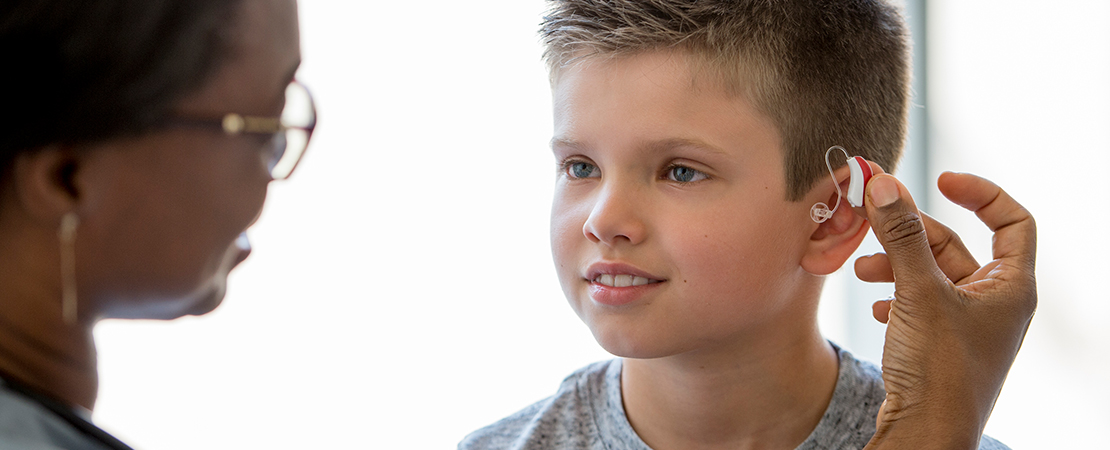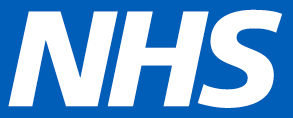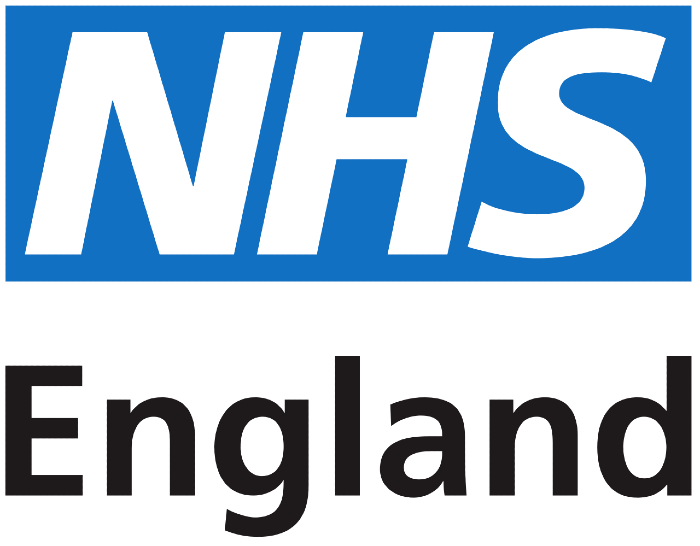
The Specialised Services Devices Programme has been instrumental in delivering value for money across the NHS and accelerating the adoption of effective new technologies.
Introduction
The Specialised Services Devices Programme (SSDP) was created to ensure that the NHS can purchase high-cost medical devices at the best prices possible, and to ensure that patients receive the most equitable and effective access to healthcare.
Challenge
NHS England (NHSE) wanted to drive better value, ensure equitable access, and promote the integration of innovative medical technology across the NHS. This National Programme is positioned within a landscape of complexity and is working within a challenging operating environment that has intensified over recent years. Pressures include ongoing global events, questionable supply chain resilience, industrial action, operational system pressures and social, environmental, and economic challenges.
The Specialised Services Devices Programme (SSDP) aims to optimise the use of high-cost medical devices within the NHS to provide equitable access, cost-effectiveness, and the integration of innovative medical technology. We were engaged by Arden & GEM to deliver the first phase of the programme for NHS England - migrations.
What we did
The first phase of the programme saw the migration of high-cost medical devices to a centralised procurement route through the NHS Supply Chain. This successfully increased transparency and reduced price variation. With this stage now complete, the scope of the programme widened.
Our role expanded from delivering the Project Management Office (PMO) and one workstream to implementing a wider multi-level and multi-component, delivery, and assurance framework.
We co-ordinated the monthly programme board and co-developed and designed a gateway assessment process for all projects within the programme. This ensured that all stakeholders had an opportunity to challenge the feasibility of projects, monitor the progress and risk and identify the benefits, which encouraged a level of commitment to delivery.
We are now working with stakeholders across the system including supply chain, NHSE regional teams, finance, and clinicians to address unwanted variations, leverage collective purchasing power, and integrate new technologies. This ensures the programme can continue to reduce costs and ensure equitable access to the most advanced and appropriate devices so that patients receive the most innovative and effective treatments available.
This programme has been supported by working with the Department of Health and Social Care and the National Institute for Health and Care Excellence (NICE) to explore multi-technology evaluation opportunities and build a robust evidence base for specialist devices that are not routinely used.
Activity
PMO implementation, operation, turnaround
Finance analytics and financial governance
System transformation
Health improvement and inequalities
Outcome
From April 2022 to March 2023, the SSDP has delivered £34m in savings for the NHS. The total cost saving for the duration of the programme is currently sat at £153m.
The continued success of SSDP is attributed to the collective working of a team of teams. We have provided a long-term collaboration with Arden & GEM, to deliver the programmer’s PMO function, for over three years to date.
Successes achieved include:
- The PMO team has developed the process for, and documentation of, Gainshare – directly supporting the release of additional savings to benefit Trusts.
- The programme has funded antibacterial envelopes for Cardiac Implantable Electronic Devices (CIED) – something that has successfully reduced unwarranted price variation and supported a reduction in infection risk across NHS Trusts.
- The PMO team have successfully embedded a Sustainable Impact Assessment and Equality Impact Assessment into the programme’s gateway structure.
- The programme has established a strong collaboration with clinical professionals through the creation of Device Working Groups (DWG). This has enabled clinicians, for example those with cardiac device specialities, to consistently lead in the identification and evaluation of new and innovative devices.
- The programme has worked effectively in partnership with NHS Supply Chain, to increase awareness for, and analysis of, spending on high-cost devices in the scope of the programme.
- The professional relationships that SCW PMO regional leads have with programme regional colleagues, have ensured that residual passthrough payments are reduced, increasing compliance with the central procurement route – a process that ensures only valid devices are reimbursed through the programme. The regional leads have also worked to improve the quality of data seen as Provider passthrough, to ensure devices are correctly reimbursed where required.







